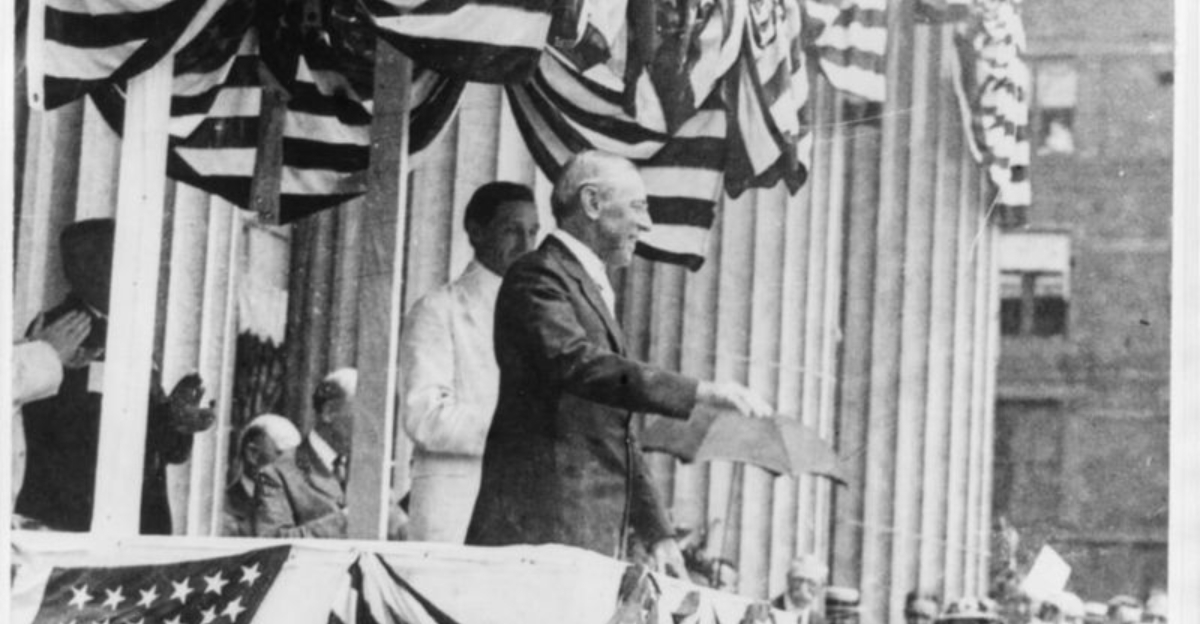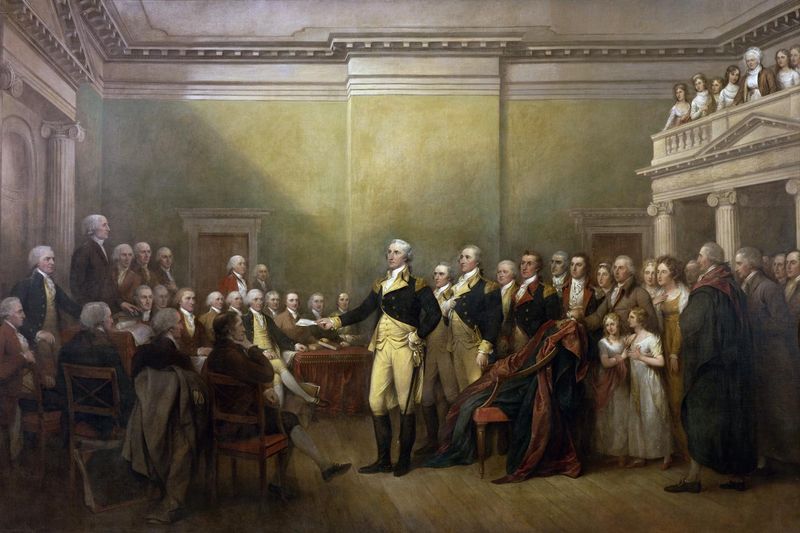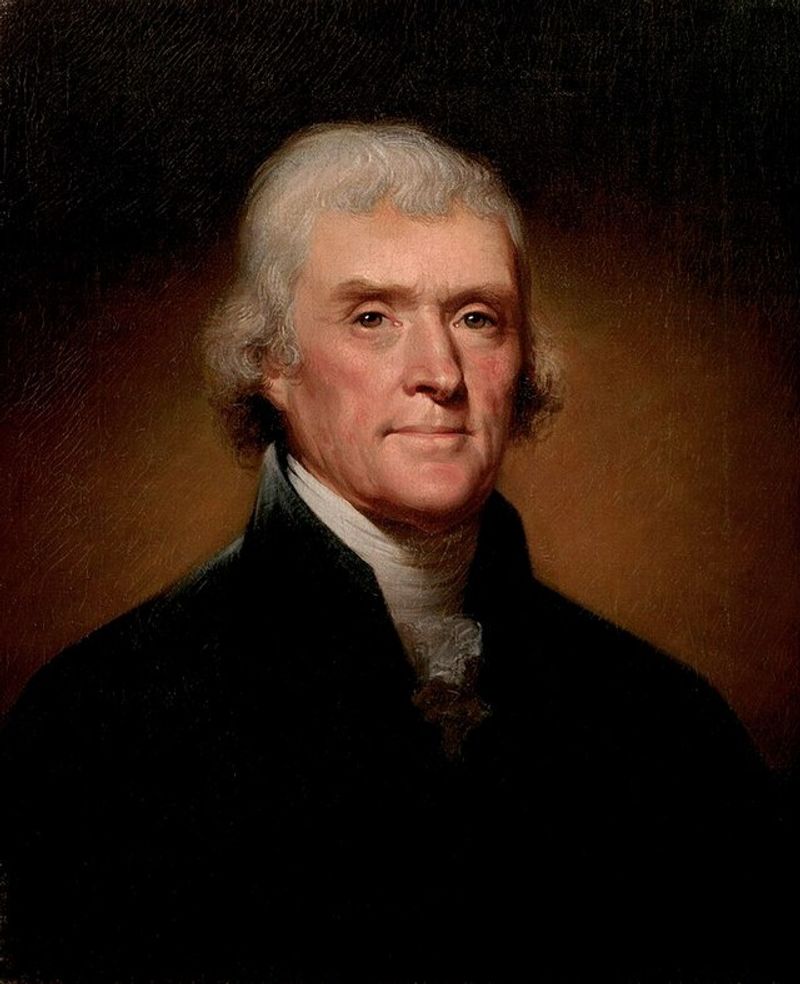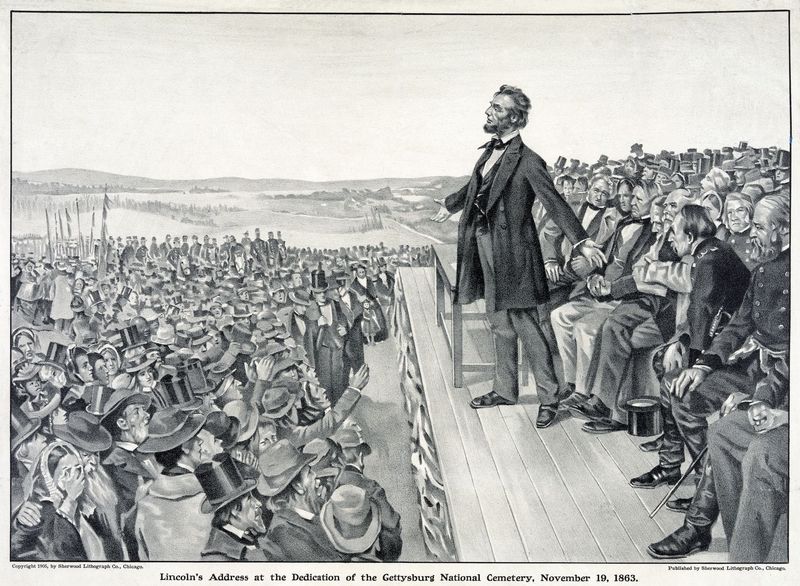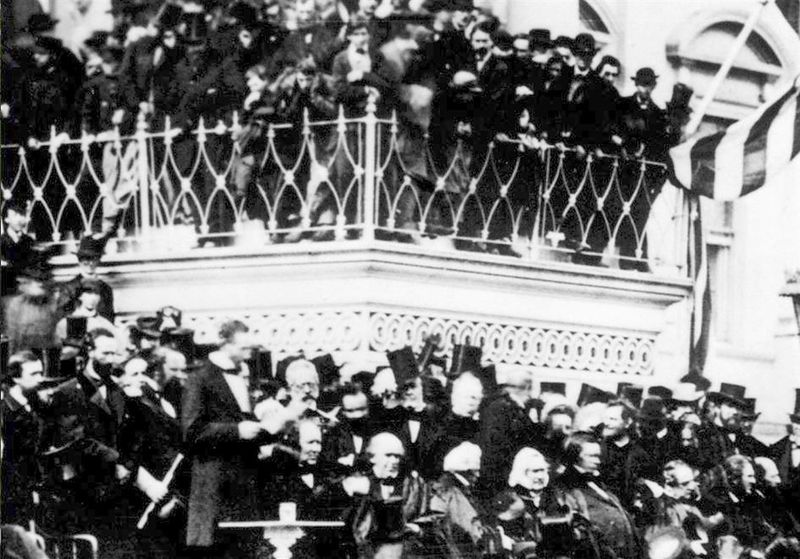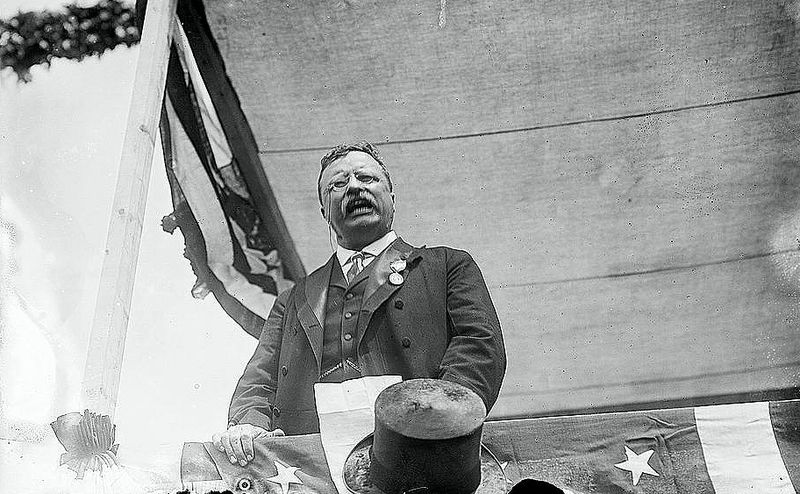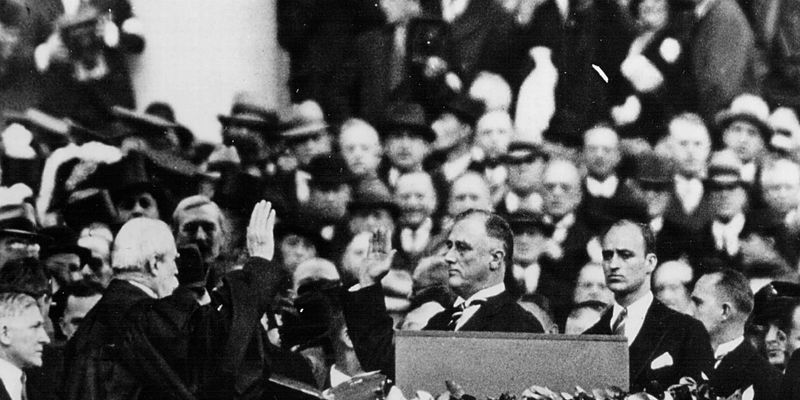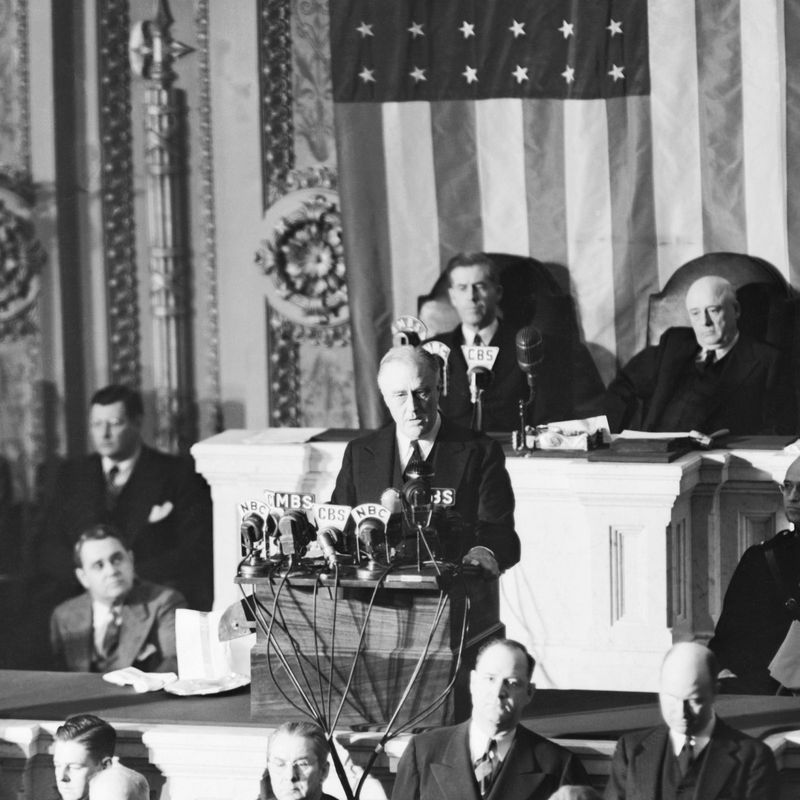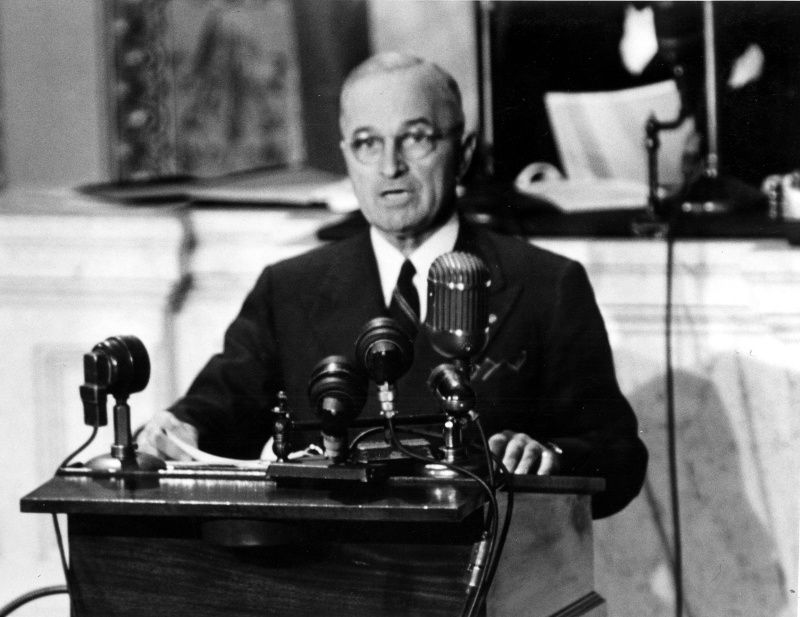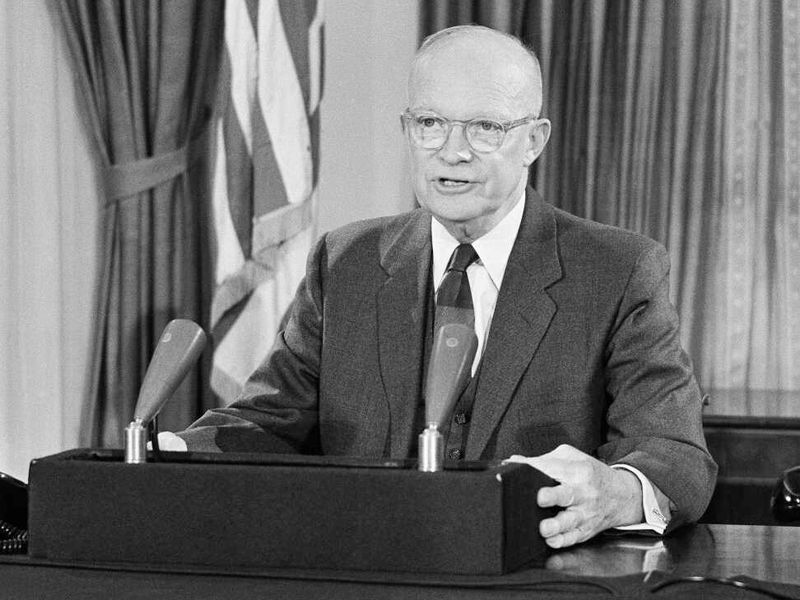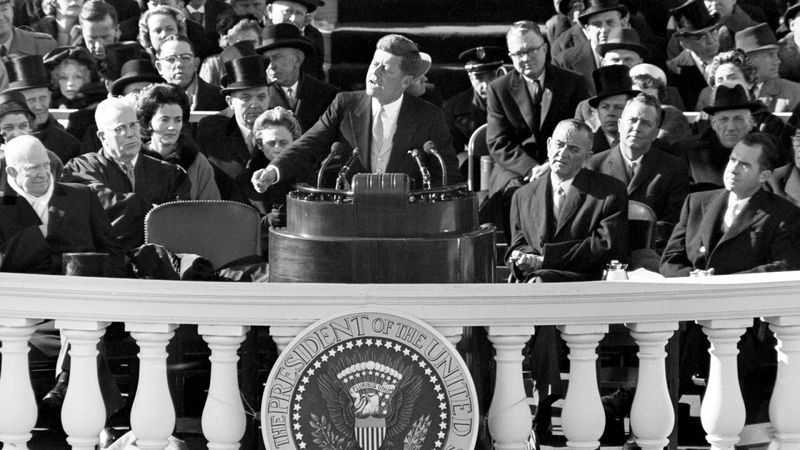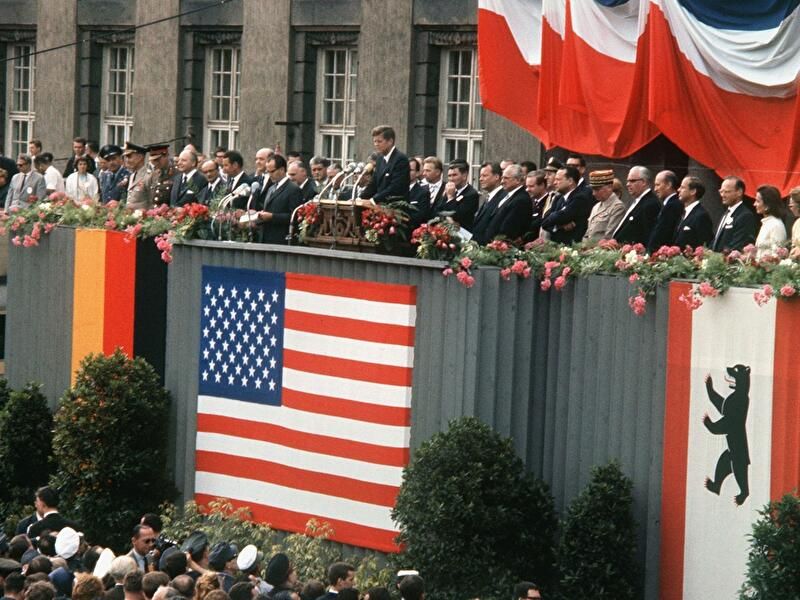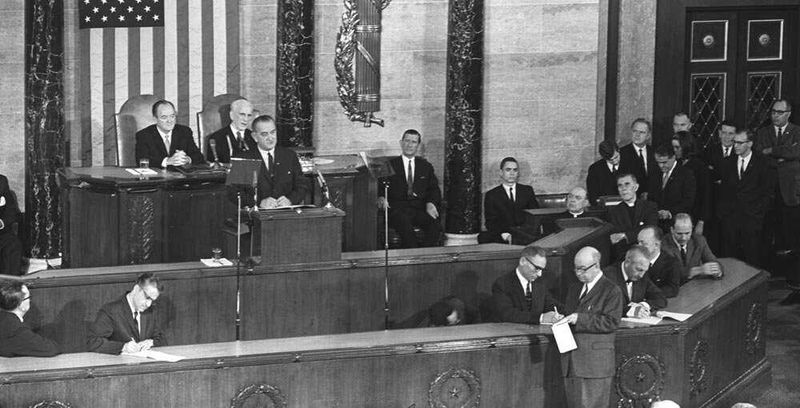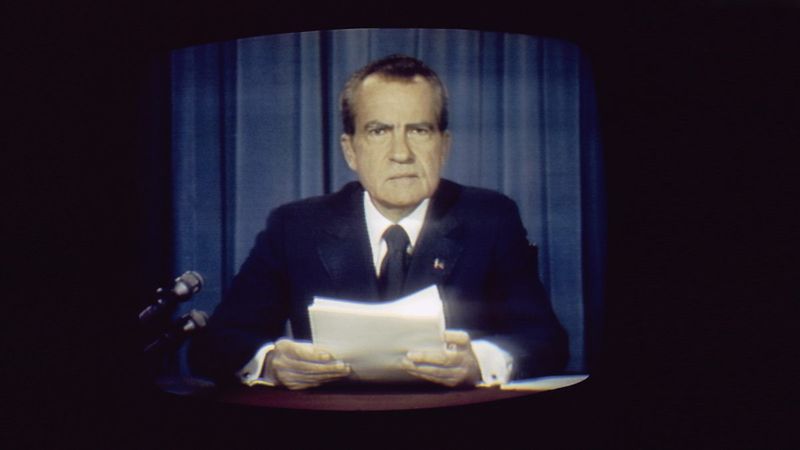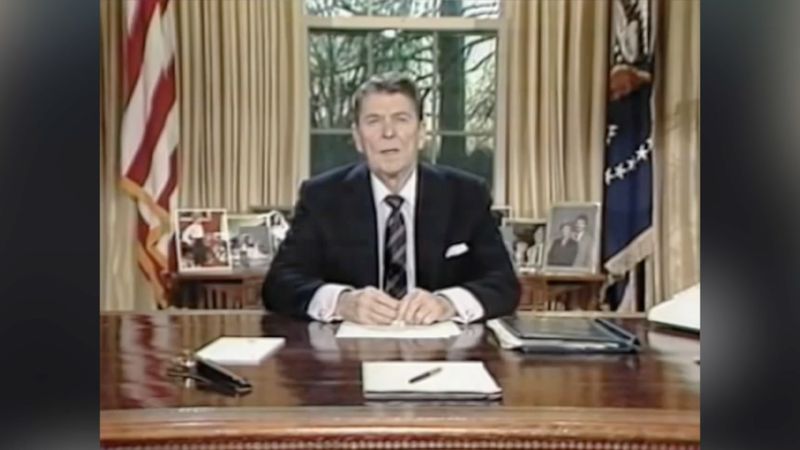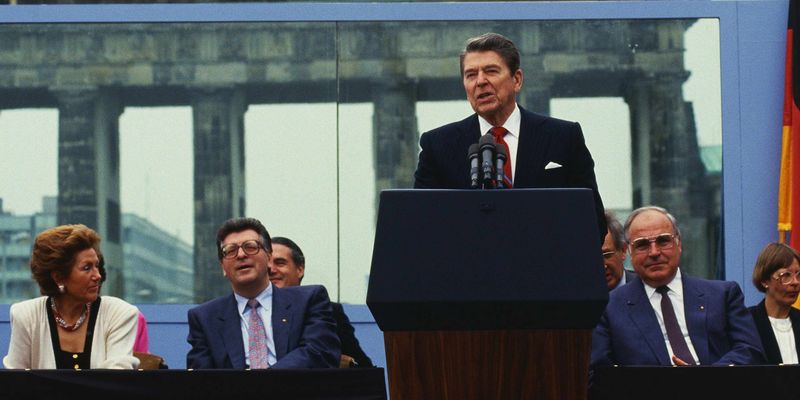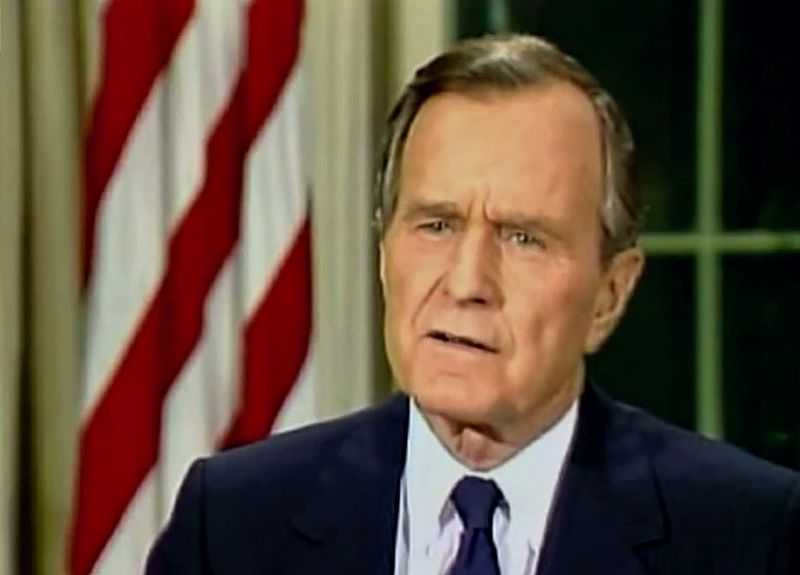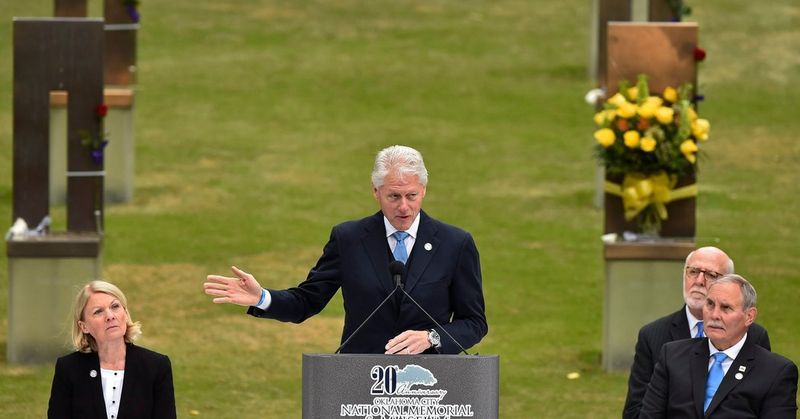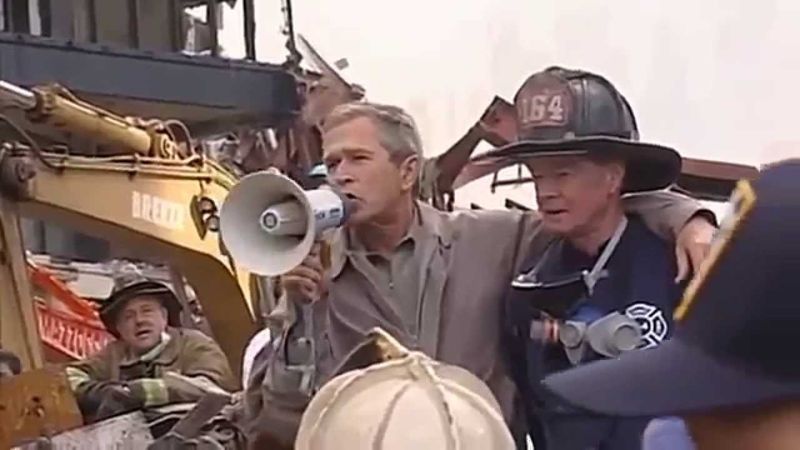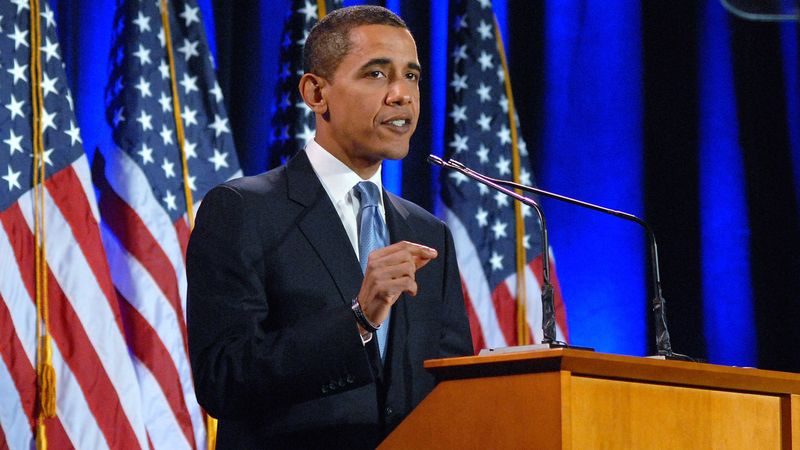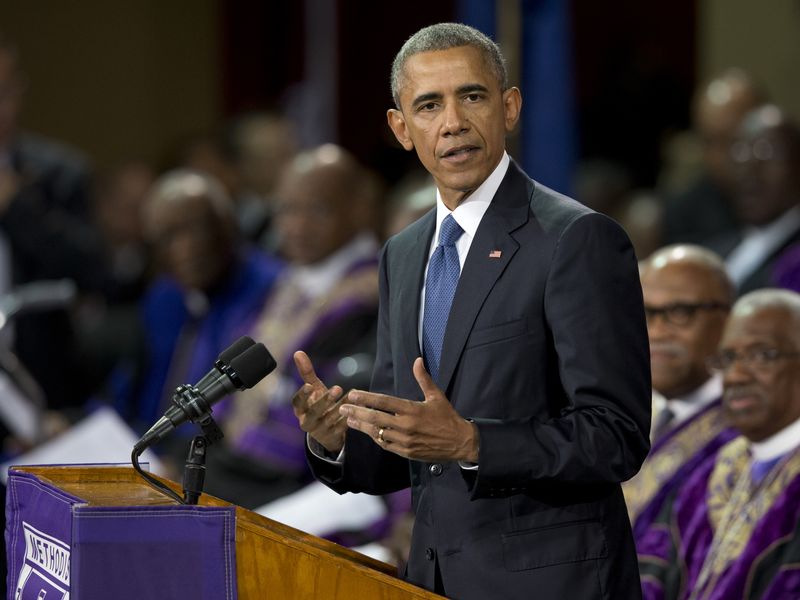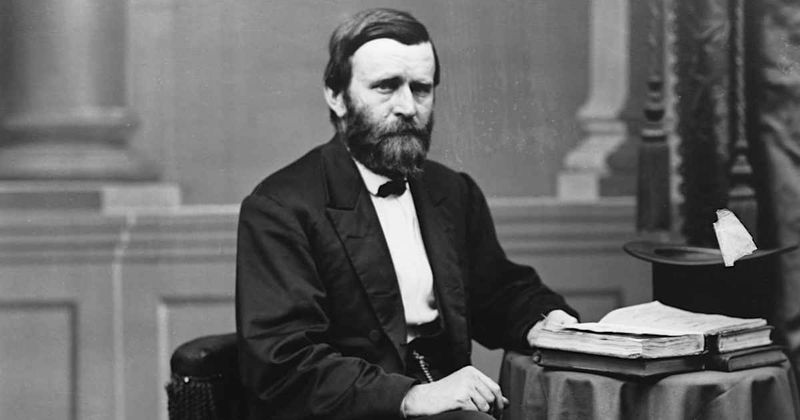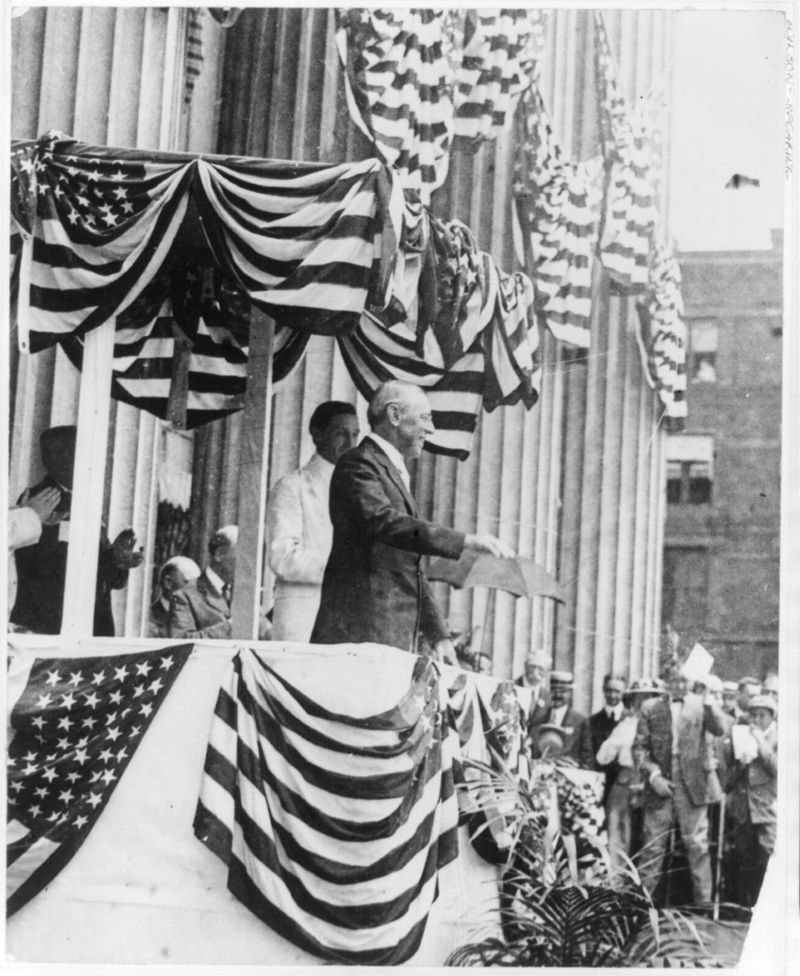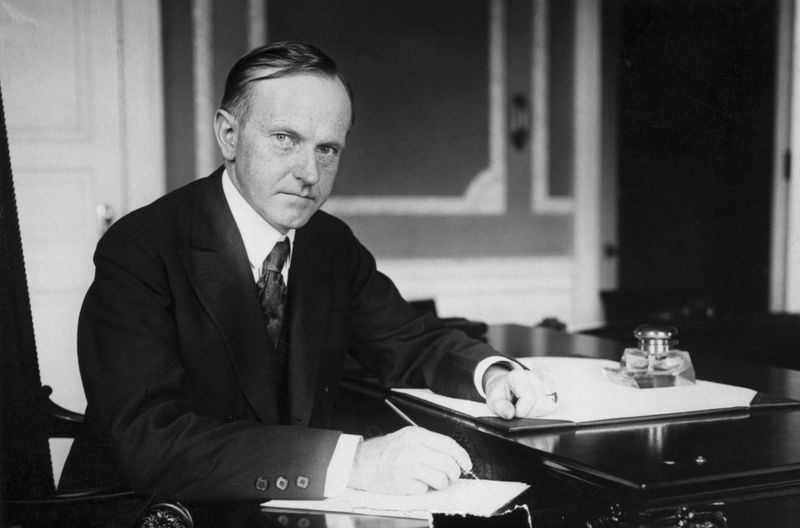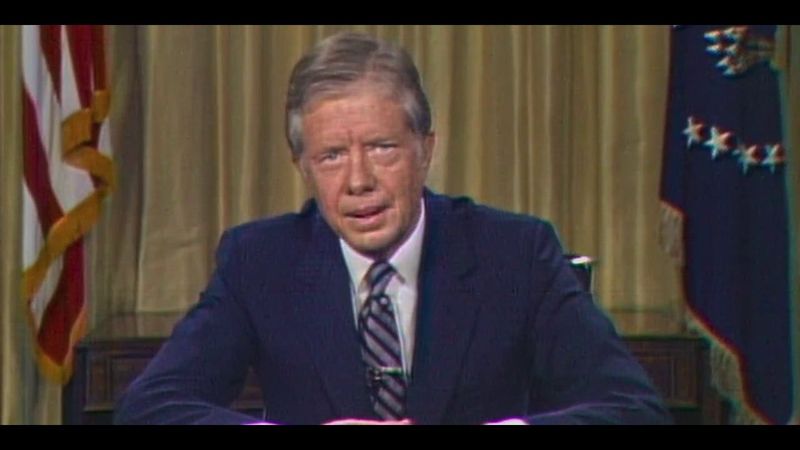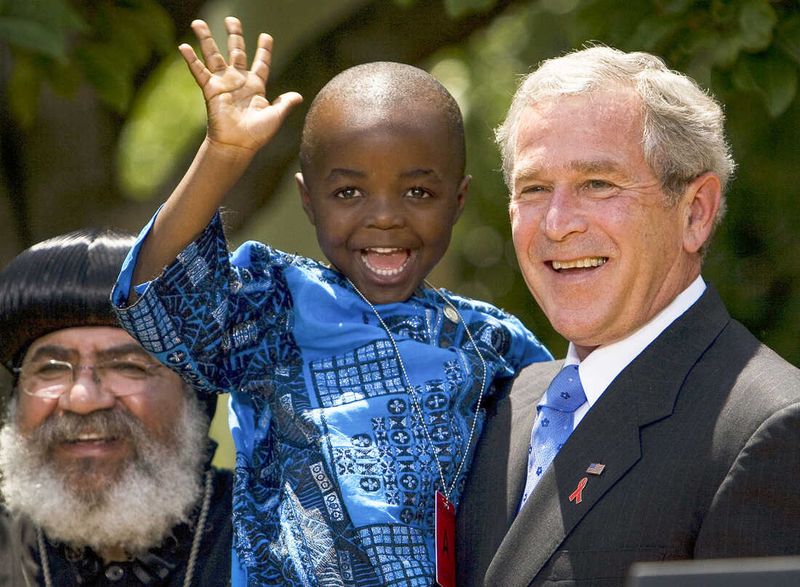Throughout history, presidential speeches have often served as pivotal moments, reflecting and shaping national sentiment, policy direction, and even global affairs. While some addresses are etched in popular memory for their profound impact and eloquence, others remain lesser-known despite their significance.
This blog post delves into 20 iconic presidential speeches that have left an indelible mark on history, alongside 5 powerful speeches that, while not as widely recognized, hold deep resonance and insight.
Each speech is explored through its unique context, offering a glimpse into the eras and challenges faced by their speakers.
1. George Washington – Farewell Address (1796)
In 1796, George Washington bid farewell to the nation he helped forge, offering sage advice that resonates even today. He warned against the divisive nature of political factions and the dangers of entangling foreign alliances. Washington’s address embodied a vision of unity and independence, urging future generations to prioritize national interests over sectionalism. His words, crafted with wisdom and foresight, provided a guiding framework for the young republic. Despite the passage of time, Washington’s farewell continues to serve as a beacon for leaders navigating the intricate landscape of politics.
2. Thomas Jefferson – First Inaugural Address (1801)
Thomas Jefferson, ascending to the presidency in 1801, faced a nation divided after a fiercely contested election. In his First Inaugural Address, he appealed to the collective identity, famously stating, “We are all Republicans, we are all Federalists.” Jefferson’s words sought to bridge divides, emphasizing common values and the shared destiny of the American people. His address marked a new chapter, setting a tone of reconciliation and inclusivity. Jefferson’s message of unity, delivered with elegance and conviction, remains a testament to the power of words in healing a fractured nation.
3. Abraham Lincoln – Gettysburg Address (1863)
In 1863, amidst the ravages of the Civil War, Abraham Lincoln delivered the Gettysburg Address, a mere 272 words that redefined the nation’s purpose. Standing on the battlefield, he honored the fallen and reframed the conflict as a struggle for a new birth of freedom. Lincoln’s eloquence and brevity transformed the war’s narrative, elevating the principles of equality and unity. His address, though brief, has endured as a timeless articulation of democratic ideals, inspiring generations to strive for a more perfect union.
4. Abraham Lincoln – Second Inaugural Address (1865)
Abraham Lincoln’s Second Inaugural Address, delivered in 1865, stands as a poignant call for national healing amidst the Civil War’s final days. With malice toward none and charity for all, Lincoln sought to mend a fractured nation, urging reconciliation over retribution. His words reflected a deep understanding of the war’s toll and a vision for peace. Lincoln’s address, rich in compassion and insight, highlighted the moral and political complexities of the era, offering a path forward rooted in empathy and shared purpose.
5. Theodore Roosevelt – “Man with the Muck Rake” (1906)
In 1906, Theodore Roosevelt delivered his ‘Man with the Muck Rake’ speech, a searing critique of corruption and an impassioned call for reform. Addressing the nation’s moral compass, Roosevelt decried the sensationalism of media and the dangers of unchecked ambition. His speech laid the groundwork for the progressive movement, advocating for transparency and integrity. Roosevelt’s words, vibrant with conviction, sought to inspire a collective commitment to the greater good. This address remains a cornerstone of his legacy, reflecting his dedication to justice and accountability.
6. Franklin D. Roosevelt – First Inaugural Address (1933)
In the depths of the Great Depression, Franklin D. Roosevelt delivered his First Inaugural Address in 1933, offering hope to a nation in despair. Declaring that “the only thing we have to fear is fear itself,” Roosevelt’s words resonated with courage and resolve. His address galvanized the American spirit, paving the way for the New Deal and transformative change. FDR’s message, infused with optimism, underscored the power of collective action and resilience. It remains an enduring beacon of leadership in times of crisis.
7. FDR – “Day of Infamy” Speech (1941)
On December 8, 1941, Franklin D. Roosevelt addressed Congress following the attack on Pearl Harbor, delivering the iconic ‘Day of Infamy’ speech. His words rallied a stunned nation, marking the United States’ entry into World War II. Roosevelt’s address, characterized by clarity and determination, outlined the gravity of the moment and the resolve to prevail. The speech galvanized public support, transforming national outrage into unified action. FDR’s articulation of bravery and unity became a defining moment, anchoring the American spirit during wartime.
8. Harry Truman – Truman Doctrine Speech (1947)
In 1947, Harry Truman unveiled the Truman Doctrine, a defining moment in Cold War history, articulating the U.S. commitment to defend freedom worldwide. Truman’s speech laid the foundation for American foreign policy, emphasizing the necessity to support free peoples against oppression. His words, imbued with urgency, underscored the ideological battle against communism. The doctrine set the stage for U.S. engagement in global affairs, reshaping international relations. Truman’s address remains a pivotal moment, reflecting the strategic vision and moral imperative that guided American diplomacy.
9. Dwight D. Eisenhower – Farewell Address (1961)
In his 1961 Farewell Address, Dwight D. Eisenhower cautioned the nation about the emerging military-industrial complex, a stark warning that echoes today. He urged vigilance, emphasizing the balance between security and liberty. Eisenhower’s address reflected his deep understanding of the evolving geopolitical landscape, advocating for wise stewardship of power. His words remain a prescient reminder of the potential perils of unchecked military expansion. Eisenhower’s farewell, marked by reflection and foresight, continues to resonate as a call for prudence in national policy.
10. John F. Kennedy – Inaugural Address (1961)
John F. Kennedy’s Inaugural Address in 1961 remains a defining moment in American history, inspiring generations with its call to service. Kennedy’s iconic words, “Ask not what your country can do for you—ask what you can do for your country,” echoed a spirit of civic duty and global leadership. His speech, imbued with youthful vigor and vision, marked a new era of American resolve. Kennedy’s message of hope and responsibility continues to resonate, underscoring the power of individual action in shaping the future.
11. JFK – “Ich bin ein Berliner” (1963)
In 1963, John F. Kennedy delivered his ‘Ich bin ein Berliner’ speech, a powerful declaration of solidarity with the people of Berlin during the Cold War. Standing against the backdrop of a divided city, Kennedy’s words affirmed the shared commitment to freedom and democracy. The address encapsulated the ideological struggle of the era, symbolizing the unity of the free world. Kennedy’s speech, delivered with charisma and conviction, remains an enduring emblem of international kinship and steadfastness in the face of adversity.
12. Lyndon B. Johnson – “We Shall Overcome” (1965)
In 1965, Lyndon B. Johnson delivered his ‘We Shall Overcome’ speech, a landmark address in the pursuit of civil rights. With empathy and determination, Johnson invoked the language of the movement, advocating for equality and justice. His words underscored the moral imperative to dismantle racial barriers, calling for legislative change. Johnson’s speech, delivered during a pivotal moment, galvanized support for the Voting Rights Act, marking a significant stride toward societal transformation. His message of unity and progress continues to inspire advocates for equity.
13. Richard Nixon – Resignation Speech (1974)
In 1974, amidst the Watergate scandal, Richard Nixon delivered his resignation speech, a historic moment of humility and accountability. Acknowledging his departure from the presidency, Nixon’s address reflected the gravity of his decision and the constitutional principles at stake. His words marked the end of a tumultuous chapter, emphasizing the resilience of democratic institutions. Nixon’s resignation, while a personal and political nadir, underscored the importance of integrity in leadership. The speech remains a poignant reminder of the checks and balances that safeguard democracy.
14. Ronald Reagan – Challenger Disaster Speech (1986)
In the wake of the Challenger disaster in 1986, Ronald Reagan addressed the nation, offering solace and strength. His words, tender and compassionate, honored the fallen astronauts and their commitment to exploration. Reagan’s address captured the collective grief and resolve, urging the country to continue reaching for the stars. His message, infused with grace and humanity, resonated with a nation in mourning, transforming tragedy into a tribute to courage. Reagan’s ability to console and inspire remains a hallmark of his presidency.
15. Reagan – “Tear Down This Wall” (1987)
In 1987, standing before the Berlin Wall, Ronald Reagan issued a bold challenge to Soviet leader Mikhail Gorbachev, declaring, “Tear down this wall.” His words symbolized the defiance and determination of the Cold War era, calling for the dismantling of barriers that divided East and West. Reagan’s speech, rich in conviction, captured the spirit of hope and change, contributing to the eventual fall of the Berlin Wall. His address remains a powerful testament to the transformative power of diplomacy and resolve.
16. George H. W. Bush – Gulf War Address (1991)
In 1991, George H. W. Bush delivered his Gulf War Address, justifying Operation Desert Storm and articulating a vision for a new world order. His words outlined the principles of sovereignty and justice, emphasizing the necessity of coalition action. Bush’s address underscored the importance of international cooperation in confronting aggression. His speech, characterized by clarity and resolve, guided public understanding and support for military intervention. Bush’s articulation of global responsibility continues to inform discussions on foreign policy and collective security.
17. Bill Clinton – Oklahoma City Bombing Speech (1995)
In 1995, after the devastating Oklahoma City bombing, Bill Clinton addressed a grieving nation with compassion and determination. His words provided solace to victims’ families while uniting the country in the face of terrorism. Clinton’s speech emphasized resilience and the need for healing, transforming national sorrow into a collective strength. His message of empathy and resolve resonated deeply, reinforcing the bonds of community. Clinton’s address remains a poignant example of leadership amidst tragedy, highlighting the enduring spirit of unity and recovery.
18. George W. Bush – 9/11 Ground Zero Speech (2001)
In the aftermath of the 9/11 attacks, George W. Bush stood amidst the rubble at Ground Zero, delivering a rallying cry to a nation in shock. With a bullhorn in hand, his words conveyed resolve and solidarity, vowing justice against those responsible. Bush’s address, raw and impassioned, captured the essence of national unity and defiance. His impromptu speech became a symbol of American resilience, reflecting the spirit of perseverance and the unwavering commitment to rebuild. Bush’s leadership during crisis remains a defining moment of his presidency.
19. Barack Obama – “A More Perfect Union” (2008)
In 2008, Barack Obama delivered his ‘A More Perfect Union’ speech, confronting the complex realities of race in America. His address wove personal narrative with historical context, offering a nuanced perspective on the challenges of racial division. Obama’s words, eloquent and introspective, called for understanding and progress, emphasizing the shared journey toward equality. His speech, marked by honesty and hope, resonated with audiences, fostering dialogue and reflection. Obama’s address remains a significant contribution to the national conversation on race and reconciliation.
20. Barack Obama – Charleston Eulogy (2015)
In 2015, following the Charleston church shooting, Barack Obama delivered a moving eulogy that blended policy, theology, and healing. His words honored the victims while addressing the broader issues of race and gun violence. Obama’s address, culminating in a rendition of ‘Amazing Grace,’ resonated with grace and empathy. His speech reflected the nation’s grief and the imperative for change, urging unity and action. Obama’s eulogy remains a poignant reminder of the power of words to inspire healing and transformation in the face of tragedy.
21. Ulysses S. Grant – Speech at Cooper Union (1868)
In 1868, Ulysses S. Grant delivered a compelling speech at Cooper Union, outlining principles of Reconstruction and civil rights. His words, often overshadowed in history, advocated for equality and justice for freed slaves. Grant’s address highlighted his vision for a unified nation, emphasizing the necessity of upholding civil liberties. His speech, marked by clarity and resolve, contributed to the broader discourse on post-war America. Grant’s articulation of Reconstruction principles remains a significant, though lesser-known, moment in the pursuit of justice and equality.
22. Woodrow Wilson – Pueblo Speech (1919)
In 1919, Woodrow Wilson delivered his Pueblo Speech, passionately advocating for the League of Nations amidst declining health. His words outlined the vision for international cooperation and peace, emphasizing the moral obligation to prevent future conflicts. Wilson’s address, though met with mixed reception, captured the idealism of his foreign policy. His speech remains a significant moment in shaping 20th-century diplomacy, reflecting the challenges of post-war reconstruction. Wilson’s dedication to global peace and unity, despite personal and political obstacles, continues to inspire advocates of multilateralism.
23. Calvin Coolidge – Address on the 150th Anniversary of the Declaration (1926)
In 1926, Calvin Coolidge delivered an address commemorating the 150th Anniversary of the Declaration of Independence. His speech offered a thoughtful defense of American founding ideals and natural rights. Coolidge’s words highlighted the enduring principles of liberty and democracy, affirming their relevance in contemporary society. His address, marked by reflection and reverence, celebrated the nation’s heritage while acknowledging the challenges ahead. Coolidge’s speech remains a notable articulation of American values, underscoring the timeless nature of the Declaration’s promise and significance.
24. Jimmy Carter – “Crisis of Confidence” Speech (1979)
In 1979, Jimmy Carter delivered what is often referred to as the ‘Crisis of Confidence’ speech, addressing the nation’s malaise. His candid words confronted the issues of materialism and civic decline, urging a return to core values. Carter’s address, though controversial, reflected a deep concern for national spirit and identity. His speech remains a unique moment of introspection in American politics, offering a prophetic warning about societal priorities. Carter’s ability to articulate the challenges of his time, with honesty and urgency, continues to resonate.
25. George W. Bush – AIDS Speech in Africa (2003)
In 2003, George W. Bush delivered a significant speech in Africa, announcing the President’s Emergency Plan for AIDS Relief (PEPFAR). His address outlined a commitment to combat the AIDS epidemic, emphasizing a humanitarian approach to global health. Bush’s initiative, though less publicized, has saved millions of lives, transforming the landscape of AIDS treatment. His speech marked a pivotal moment in international aid, reflecting the moral and strategic imperatives of global health leadership. Bush’s legacy in this area continues to inspire efforts toward equitable healthcare solutions worldwide.
